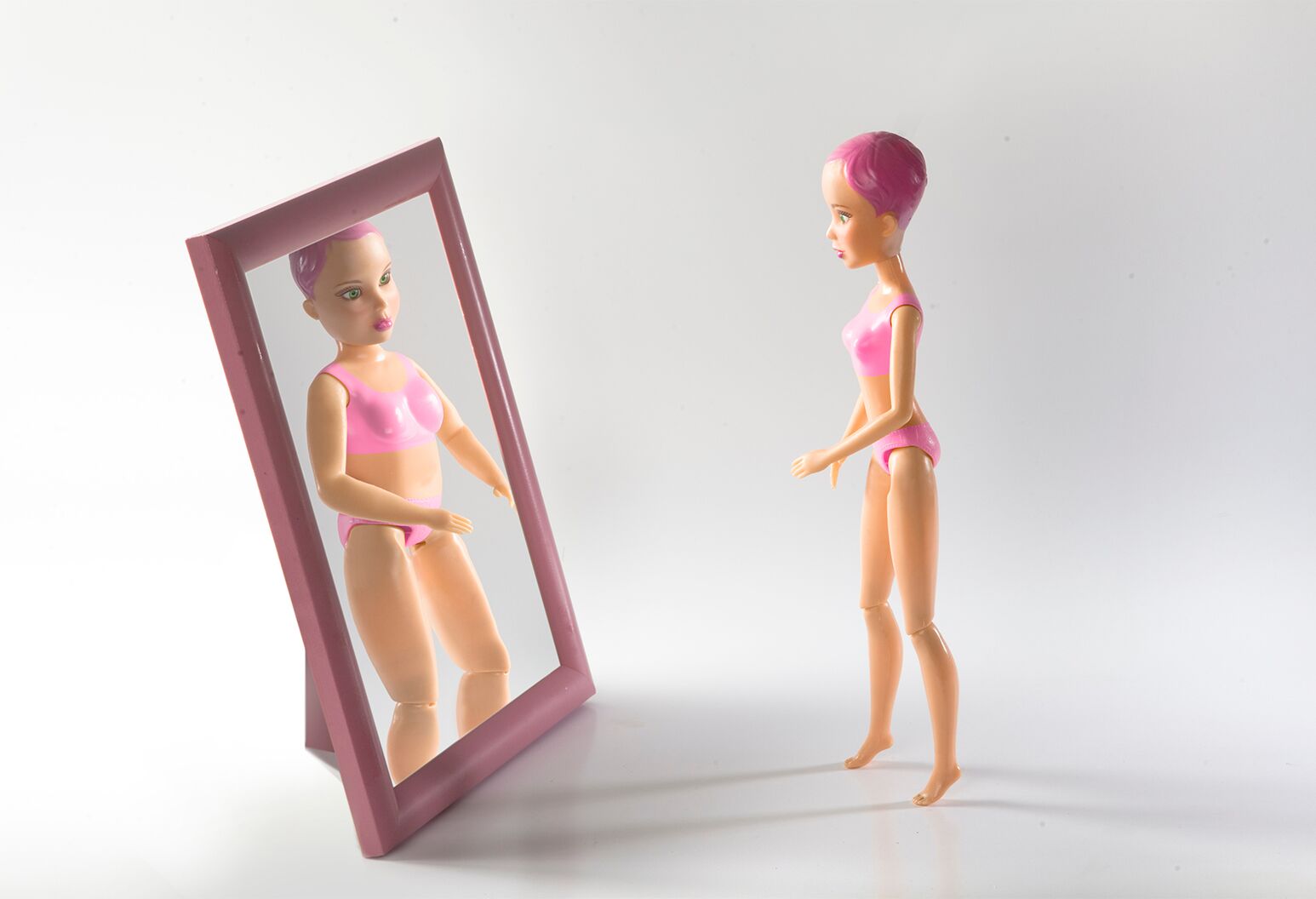emotional wellness
Why Did I Lose My Cool? A Therapist Explains

What I wish my younger self could see from her struggle with anorexia.
5 min read
*This piece has been published anonymously in order to preserve the writer’s privacy. Content published without a byline—while infrequent—is offered in an effort to continue providing valuable content that might also be sensitive in nature.
For anyone else, this might be their worst moment. The moment that hit them and made them realize what they were doing to themselves. But not you. You lost your ability to speak. The words made sense in your head, but they came out of your mouth jumbled. When you explained your symptoms to a doctor, he looked at you in horror and said, “You’re experiencing symptoms of a stroke.”
It took multiple pokes to find a vein to draw enough blood, and they tested you over 20 times that night in the emergency room because you were so dehydrated. But not one person asked what you’d eaten that day. Aside from the dehydration, your labs were completely normal. The doctors commented that you were a little underweight, but your response, “I’ve always been like that” was good enough for them. And so, you went home with a clean bill of health.
Indeed, you had always been a little underweight. From a very young age, you ate a mere handful of foods. Doctors told your parents, "She'll eat when she's hungry." As you grew up, people began to notice how thin you were, even praising you for staying lean.
At age 18, things changed. You became pregnant with your daughter and the way your body transformed terrified you. Suddenly, your weight was not the first thing people commented on, and part of your identity disappeared.
During your third trimester, the doctor looked at you and said, "You're gaining a lot of weight, although I think that's OK because you were under to begin with." All you heard was, "You're fat. Stop eating."
So you did.
You created rules:
You did this up until the day you gave birth, including while you were in labor. After four days of recovery, you went right back to the gym.
Later, during another period deep in the throes of your disorder, you restricted calories to fewer than 300 in any meal. You never ate dessert. You kept no “tempting” foods in the home. You never drank beverages with calories, other than an occasional latte and a little more than occasional alcohol. In fact, many days you would completely forgo food and just drink your allowed number of calories in booze.
By providing your email address, you agree to receive email communication from The Well.
You weighed yourself twice every day. Sometimes more. You felt disciplined, accomplished, and like a superior human being as the weight came off. Your entire identity became your thinness. You told yourself, “Those of us with lean genetics have a responsibility to be thin because others can't be." People frequently commented that you "looked anorexic," but you didn’t care. In fact, you blamed their comments on jealousy because they couldn’t be as thin as you.
You had to be perfect in every way. This included returning to college within a week of having a baby, maintaining straight A’s and pursuing three degrees. Perfectionism and overachievement gave you a feeling of control and purpose in your world.
You never realized you had a problem. In fact, you went back to school years later to become a dietitian. Your business began to take priority, and your restraint over food had to take a back seat. Soon, your inability to focus on both your business and your eating regimen became a failure in your eyes.
It wasn’t until you were 30 years old and began to see patients that you recognized something was wrong. When women with eating disorders began to explain their restrictions, it finally smacked you in the face: That is you.
As you developed a passion for helping others, you realized you needed to help yourself, too.
You dug into more tools to help your patients with eating disorders, and you knew it was critical to heal your own relationship with food.
You realized that you lived one story for almost half your life. While it was excruciating at times, it gave you the unique ability to connect with patients on both a professional and personal level. Because, you came to realize that while the symptoms vary from person to person, the messages in your heads are exactly the same. This is the eating disorder’s voice.
Instead, you now tell your patients, "We share a voice. This is probably the eating disorder talking.” And you know this because you heard that voice for years as well.
Recovery is not linear, for you, or anyone. But it is worth it. Your worst day in recovery is still so much more fulfilling than living those moments sick, emaciated, and starving. Recovery is kind of like someone driving by your house and chucking puzzle pieces at your head randomly. You have no idea where the puzzle pieces go or what will come out of them. But each day, you get a bit more information and a bit more peace.
The Well is Northwell Health’s commitment to the future of health care. In this time of information overabundance, much of which is inaccurate, unhelpful, or even difficult to understand, Northwell Health is on a mission to make a difference as an honest, trusted, and caring partner. The site connects with consumers to provide them with personalized content that reduces their stress, makes them laugh, and ultimately feel more confident and capable on their healthcare journey.